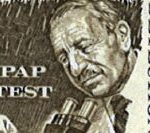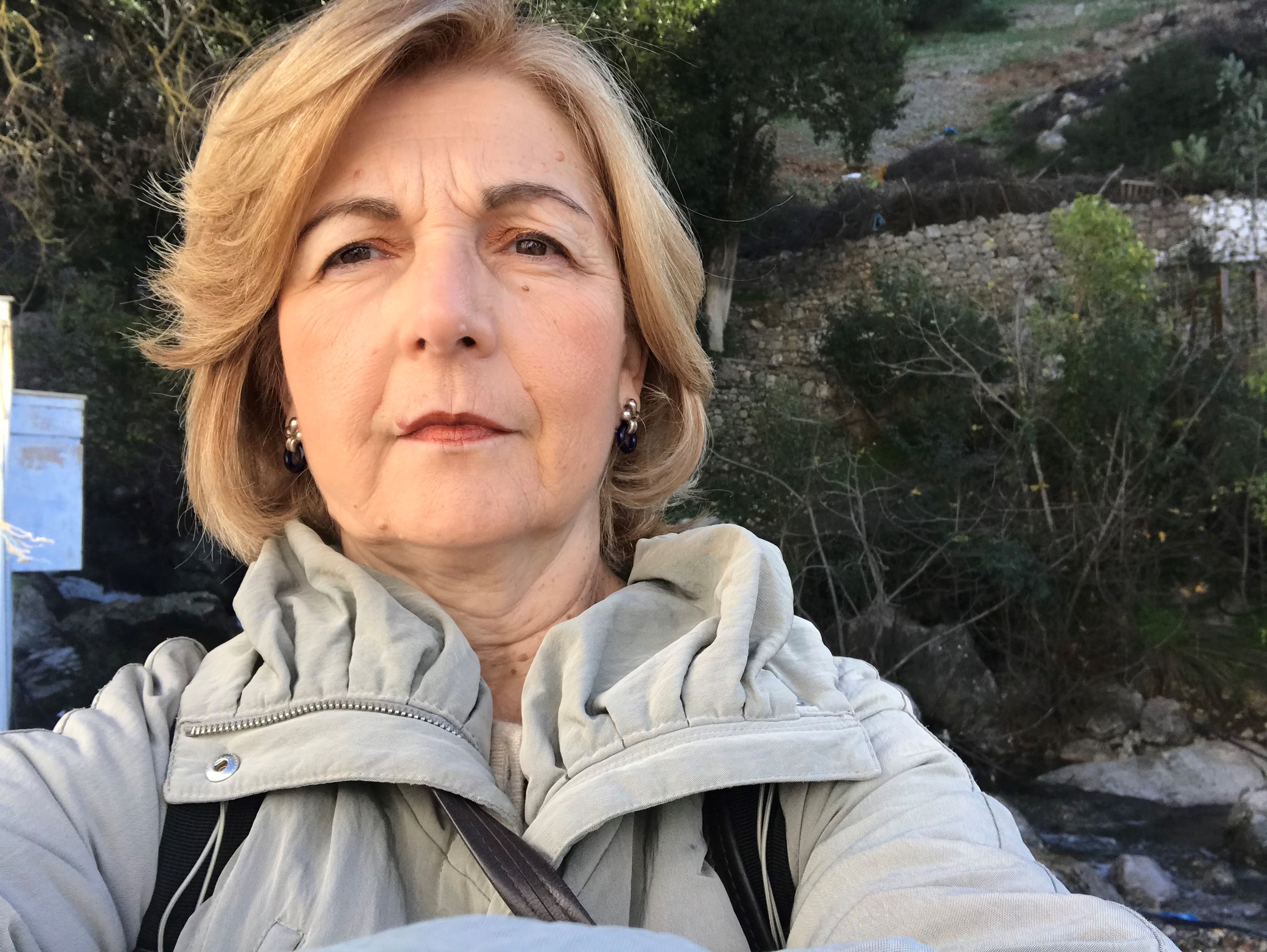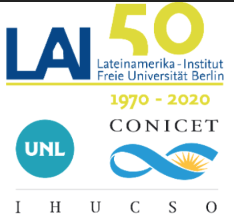The 27th International Congress of History of Science and Technology—the world’s premier meeting in the field, held every four years—took place as a hybrid in-person and online event at the University of Otago in Dunedin, New Zealand, from June 29 to July 5, 2025. People, Places, Exchanges, and Circulation—the central theme of the event—framed seven days of vibrant discussions, as the Congress brought together over 430 delegates in person in Dunedin and more than 500 virtual participants from around the globe to explore a wide range of topics in the history of science and technology.
One of the key outcomes of the General Assembly of the Division for the History of Science and Technology—the international society that sponsors the Congress—was the decision to hold the next meeting, in 2029, in Paris, France. Marcos Cueto, editor of História, Ciências, Saúde – Manguinhos and President of the Division for the 2021–2025 term, delivered the Opening Ceremony remarks, chaired the General Assembly, and officially closed the event. At the conclusion of the event, he was succeeded by Janet Browne — renowned historian of biology and retired Harvard University professor — who assumed the Division’s presidency for the 2025–2029 term.
In his speech at the Opening Ceremony, he remarked that the International Congress of History of Science and Technology marks a historic milestone—it is the first time the Congress has been held in Australasia, and only the second time it has taken place in the Southern Hemisphere.
He said that he was truly delighted to be in New Zealand, that amazing and impressive country. Thanks to his good friends and colleagues Hamish Spencer and Hugh Slotten from the University of Otago, he had had the opportunity a few days earlier to visit an ecological reserve, where he observed plants and birds he had never seen before.
The editor also noted that Congress offered more than just academic exchange; it provided participants with the opportunity to learn from the world around them. He recalled a moment when a group of delegates was speaking with a representative of the Māori. One of them said, with excitement, “I feel like I’m at the edge of the world—I’m going to see penguins soon!” To which the Māori representative gently replied, “You are not at the edge—you are at the center of the universe.”
He also warned that, in an alarming number of countries, researchers, museums, archives, libraries, and universities find themselves increasingly vulnerable to the encroachment of authoritarian political forces intent on destabilizing the very foundations of historical inquiry, academic freedom, and the preservation of collective memory. These interventions are not merely acts of censorship; they represent deliberate efforts to erase archival evidence, flatten historical complexity, and supplant nuanced, critical interpretations of the past with reductive, ideologically driven narratives. Their ultimate aim, he said, is to construct a usable past—one that legitimizes and perpetuates destructive ideologies by rewriting history to serve oppressive political agendas rather than truth or justice.
He emphasized that we must persistently reaffirm and embody our mission, not only within the scientific community but also across the broader societal landscape. Through meticulous research, comprehensive education, diligent preservation, and thoughtful communication, the discipline of history serves as a vital catalyst for cultivating critical inquiry, promoting ethical accountability, providing perspective on future dilemmas, and fostering a pluralistic discourse essential to democratic and inclusive societies.
Cueto referenced the position of the International Science Council, at the time presided over by New Zealander Sir Peter Gluckman, which brings together global scientific academies, including the Division and the Division of Logic, Methodology, and Philosophy of Science and Technology (DLMPST). He stressed that the scholarly community cannot afford to remain fragmented or intimidated.
He insisted that it is incumbent upon us to deliberately forge robust frameworks of collective solidarity, through which we may challenge hegemonic power structures and global asymmetries, while critically acknowledging the transnational and systemic nature of the threats confronting academic freedom and the epistemic foundations of intellectual inquiry. This recognition, he argued, demands sustained, coordinated resistance to safeguard the autonomy of scholarship and the pluralism of ideas in an increasingly contested global landscape.
He concluded by expressing his hope that the work of the Congress—and the broader mission of the Division—will continue with courage, critical clarity, and the unwavering conviction that science, history, and the history of science and technology not only have the capacity to endure—but to prevail—in these difficult times.







